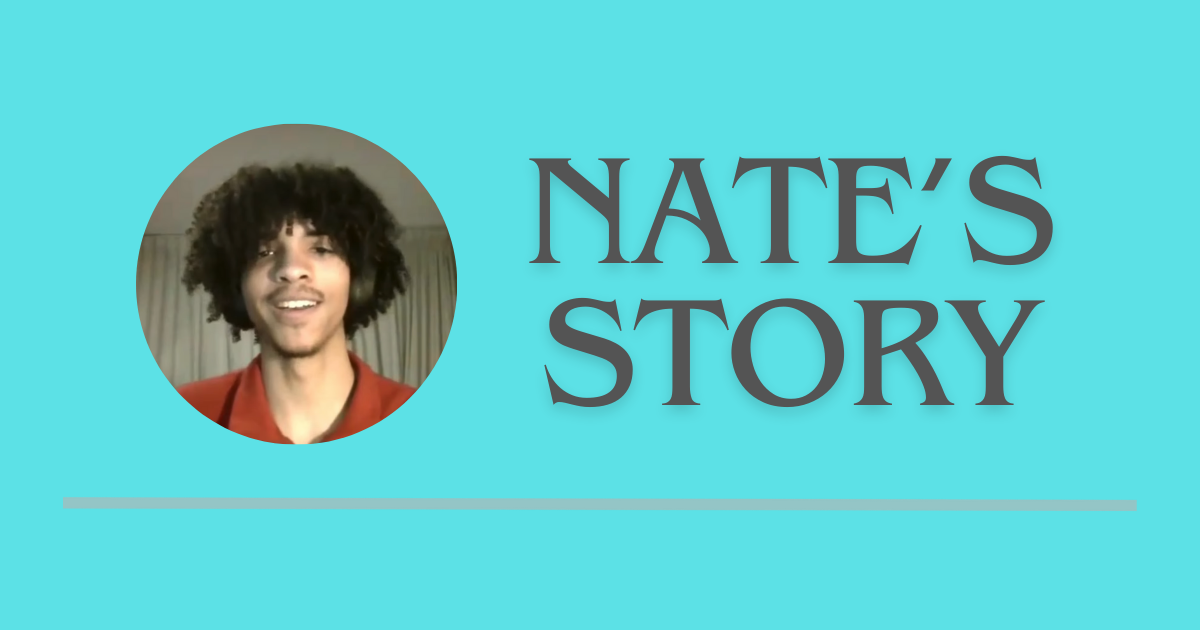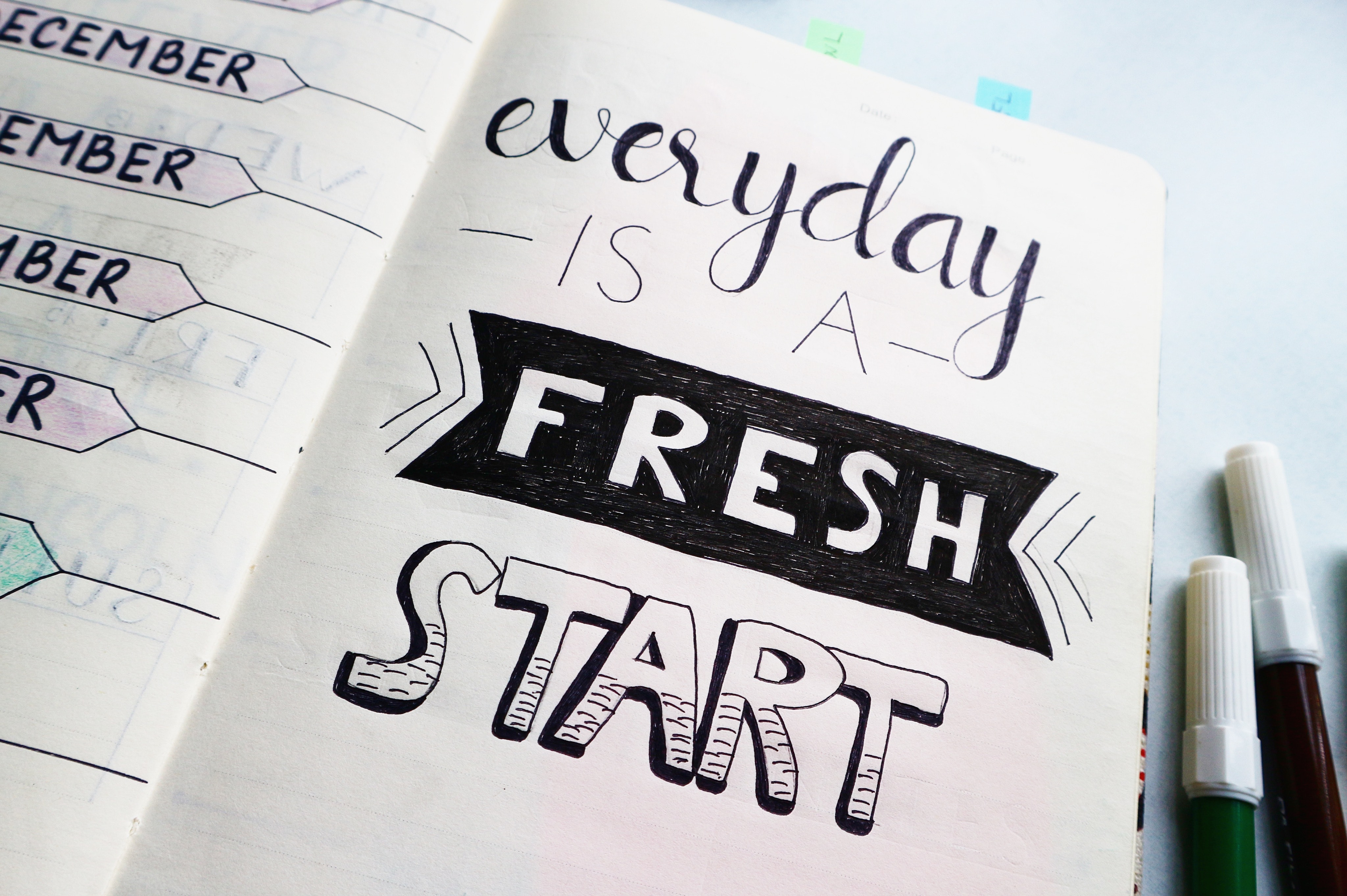
“To do two things at once is to do neither.” – Publius Syrus. Today we’re talking about how we allocate our most valuable resource: time.
We know how critical thinking and communication improves our quality of life in specific, measurable ways, and time management is no different.
When we’re strong time managers, we’re:
- Less anxious
- Better at setting and achieving goals
- More satisfied by our jobs
- Powerfully productive
How we spend our time is (or at least should be) different than how we use other resources since time can’t be saved, recycled, repurposed or used for later.
Once it’s gone, it’s gone forever.
This is one of the reasons “managing time” is actually a misnomer; we can’t manage time. We can’t create it, reduce it or manipulate its passage. When we’re talking about “time management”, we’re talking about how we manage ourselves in relation to time – the choices we make and our overall ability to self-regulate (we’re going to keep it simple and refer to this as “time management” nonetheless).
So we can’t “regulate” time, but we can channel our thoughts, behaviors and emotions to set priorities and goals that determine what we do with our time. This is the essence of feeling in control of time vs. feeling controlled BY time: taking ownership over how we choose to spend our time is required before we can become better at managing our time.
But this is where most of us get tripped up. Our brains are naturally pretty lazy (this is why everyone thinks but most people don’t often think critically). They are hell bent on avoiding discomfort (this why we want to blame things or people instead of taking ownership).
So, while there are a lot of excuses when it comes to having a skills deficit of any kind, poor time management can really bring out the worst of them in terms of playing the blame-game (and I think I’ve heard every last one from my students over the years).
But the truth is that each one of us has the same 168 hours in a week.
Yes, there’s a wildly diverse spectrum of people who have “more” or “less” on their plate. It’s easy and common to put those externalities in charge of how we spend our time. But this feeds the blame-game mindset, which works directly against our interests.
We are in charge of how we engage with those externalities, always. We get to choose. Do we feel in control of how we use our 168 hours? Are we controlled by how those 168 hours use us?
So we want to start by getting clear on how we’re choosing to spend our time. Say we sleep on average about 50 hours and work about 40 each week; this leaves us 78 hours.
How do you spend them?




